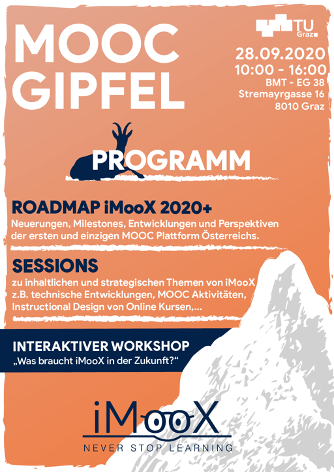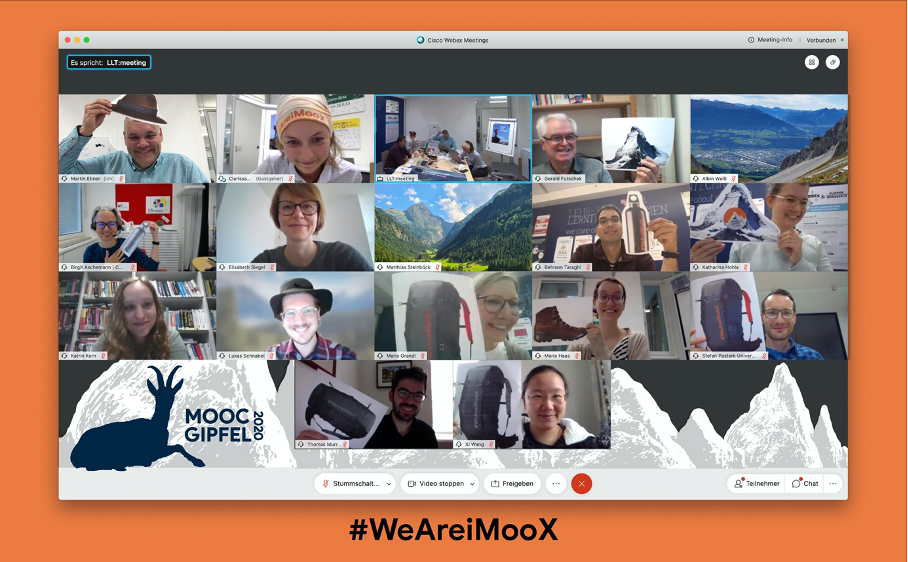Ebru did a first publication of her PhD-work titled „Learning Analytics and MOOCs“ for this year HCII conference.
Abstract:
Abstract of the publication
There are new discoveries in the field of educational technologies in the 21st century, which we can also call the age of technology. Learning Analytics (LA) has given itself an important research field in the area of Technology Enhanced Learning. It offers analysis, benchmarking, review and development techniques for example in online learning platforms such as those who host Massive Open Online Course (MOOC). MOOCs are online courses addressing a large learning community. Among these participants, large data is obtained from the group with age, gender, psychology, community and educational level differences. These data are gold mines for Learning Analytics. This paper examines the methods, benefits and challenges of applying Learning Analytics in MOOCs based on a literature review. The methods that can be applied with the literature review and the application of the methods are explained. Challenges and benefits and the place of learning analytics in MOOCs are explained. The useful methods of Learning Analytics in MOOCs are described in this study. With the literature review, it indicates: Data mining, statistics and mathematics, Text Mining, Semantics-Linguistics Analysis, visualization, Social network analysis and Gamification areas are implementing Learning Analytics in MOOCs allied with benefits and challenges.
[full article @ publisher’s webpage]
[draft @ researchgate]
Reference: İnan E., Ebner M. (2020) Learning Analytics and MOOCs. In: Zaphiris P., Ioannou A. (eds) Learning and Collaboration Technologies. Designing, Developing and Deploying Learn- ing Experiences. HCII 2020. Lecture Notes in Computer Science, vol 12205. Springer, Cham. pp. 241-254



